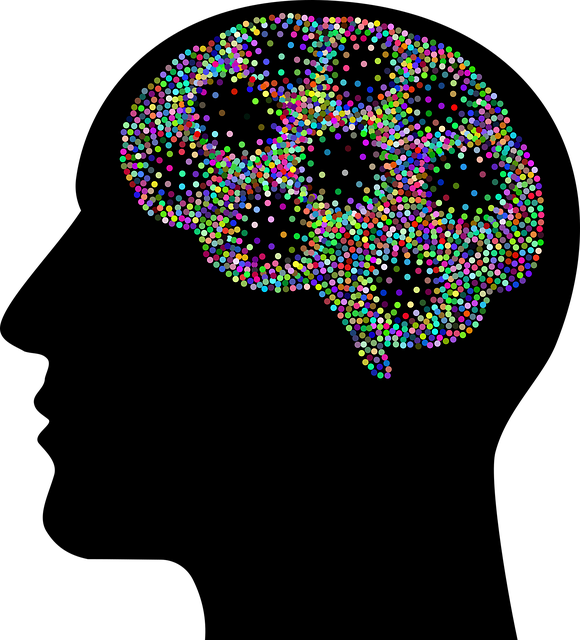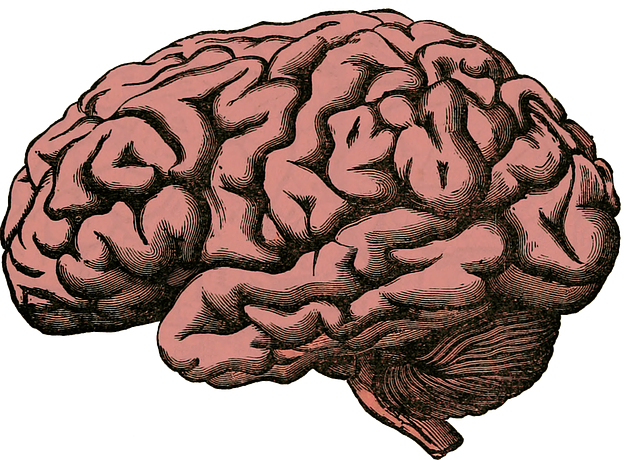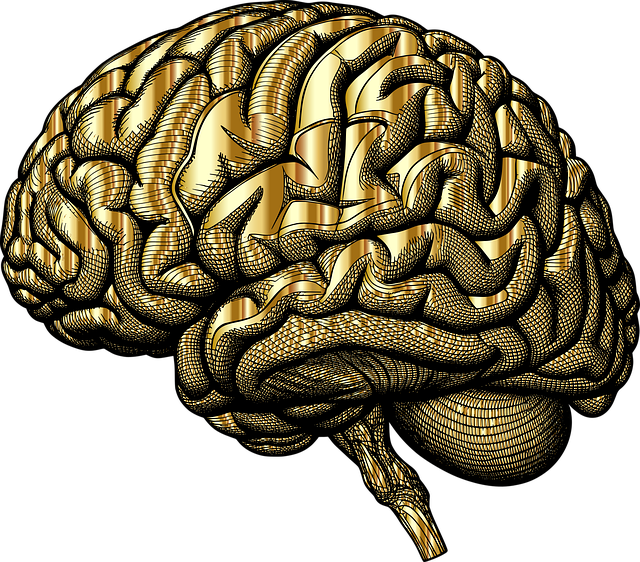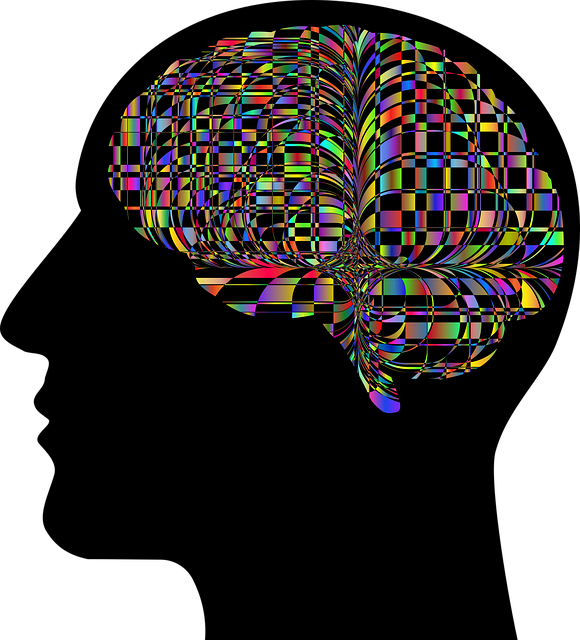TL;DR:
Attention Deficit Hyperactivity Disorder (ADD-ADHD) is a neurodevelopmental condition requiring comprehensive diagnosis and early intervention. Data analysis, using advanced statistical methods and machine learning, transforms mental health assessment and treatment, especially for ADD-ADHD. This approach identifies hidden patterns in patient records, enabling tailored interventions based on trends, enhancing therapy effectiveness, preventing burnout, and fostering healthy coping mechanisms. By combining objective analysis with subjective interpretation, healthcare professionals can decipher behavioral and emotional patterns unique to each individual, offering personalized strategies for optimal mental health management. Beyond ADD-ADHD, these insights drive better mental health care through community outreach and public awareness campaigns.
Mental health data analysis is a powerful tool in understanding complex conditions like Attention-Deficit/Hyperactivity Disorder (ADD-ADHD). By delving into behavioral and emotional patterns, professionals can interpret symptoms, enhance diagnostic accuracy, and personalize treatment strategies. This article explores the role of data in ADD-ADHD assessment, from recognizing symptoms to tailoring therapy. We discuss advanced techniques for analyzing emotional responses, offering targeted support, and improving patient outcomes. Discover how these insights revolutionize therapy for ADD-ADHD.
- Understanding ADD-ADHD: Symptoms and Diagnostic Process
- The Role of Data Analysis in Mental Health Assessment
- Techniques for Interpreting Behavioral and Emotional Patterns
- Using Insights to Personalize Therapy and Support Strategies
Understanding ADD-ADHD: Symptoms and Diagnostic Process

ADD-ADHD, or Attention Deficit Hyperactivity Disorder, is a neurodevelopmental condition that impacts both children and adults. Recognizing its symptoms is crucial for effective therapy and overall mental health awareness. Individuals with ADD-ADHD may exhibit inattention, hyperactivity, impulsivity, or a combination of these traits. They often struggle with organizing tasks, prioritizing responsibilities, maintaining focus, and controlling impulsive behaviors. These symptoms can vary in presentation and severity, making the diagnostic process intricate.
The diagnosis typically involves comprehensive evaluations conducted by qualified healthcare professionals. This may include medical histories, behavioral observations, psychological assessments, and educational records reviews. A thorough understanding of these symptoms is essential for developing tailored strategies, such as those focused on inner strength development, to manage the condition effectively. Additionally, early intervention through appropriate therapy can significantly impact preventing burnout and promoting healthy coping mechanisms in individuals with ADD-ADHD.
The Role of Data Analysis in Mental Health Assessment

In the realm of mental health, data analysis plays a pivotal role in assessment and treatment planning. By leveraging advanced statistical methods and machine learning algorithms, professionals can uncover intricate patterns and insights hidden within patient records. This enables them to make more informed decisions about therapy for ADD-ADHD, among other conditions. Through data-driven approaches, healthcare providers can identify trends that may indicate specific therapeutic interventions as effective or ineffective for particular groups of patients.
Moreover, mental health professionals benefit from data analysis in burnout prevention and risk assessment. By analyzing trends across large populations, they can develop strategies to mitigate risks and promote resilience among practitioners. Incorporating the mind over matter principles derived from these analyses allows for a more proactive approach, ensuring that both patients and healthcare providers receive the support needed to navigate complex mental health landscapes effectively.
Techniques for Interpreting Behavioral and Emotional Patterns

Uncovering insights from mental health data involves a delicate dance between objective analysis and subjective interpretation. To effectively decipher behavioral and emotional patterns, practitioners employ a spectrum of techniques. One powerful tool is the application of advanced analytics, allowing for deeper understanding by identifying subtle correlations within vast datasets. This can reveal hidden trends, such as specific environmental triggers that impact an individual’s mental well-being.
In the context of therapy for ADD-ADHD, these patterns may manifest as fluctuations in focus, impulsivity, and emotional regulation. By discerning these ebbs and flows, healthcare professionals can tailor interventions to support individuals in cultivating positive thinking, boosting confidence, and ultimately preventing burnout. This nuanced interpretation requires a balance between quantitative rigor and empathy, enabling the development of personalized strategies for optimal mental health management.
Using Insights to Personalize Therapy and Support Strategies

The insights gained from mental health data analysis can be a powerful tool to personalize therapy and support strategies for individuals struggling with conditions like ADD-ADHD. By understanding patterns and trends in an individual’s behavior, emotional responses, and treatment outcomes, healthcare professionals can tailor interventions that are more effective and aligned with the patient’s unique needs. This approach moves away from a one-size-fits-all model, ensuring therapy and support strategies are as individualized as the person themselves.
This personalized approach to mental health care is increasingly recognized as beneficial, not only for ADD-ADHD but across various conditions. It can involve adjusting therapeutic techniques, recommending specific lifestyle changes, or even suggesting targeted medication regimens. Moreover, organizations like Stress Management Workshops and those involved in Public Awareness Campaigns Development and Community Outreach Program Implementation can leverage these data insights to design more impactful programs. By understanding the specific challenges and unmet needs within communities, they can create tailored interventions that foster better mental health outcomes for all.
Mental health data analysis plays a pivotal role in understanding complex conditions like ADD-ADHD, offering valuable insights that can revolutionize therapy approaches. By interpreting behavioral and emotional patterns through advanced techniques, professionals can personalize support strategies, ultimately enhancing the effectiveness of treatments. This evidence-based approach ensures that those seeking therapy for ADD-ADHD receive tailored interventions, fostering better outcomes and improved quality of life.














